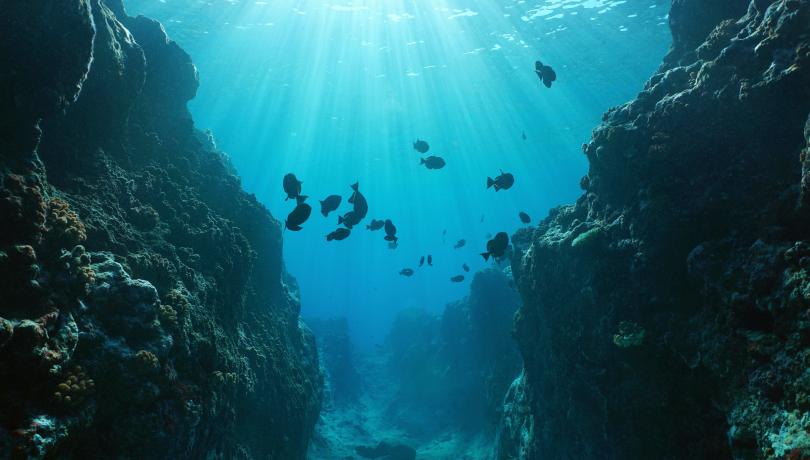International research involving the ICM-CSIC highlights how integrating climate data into ocean planning can boost global adaptation.

A new international study, featuring contributions from ICM-CSIC, reveals that Marine Spatial Planning (MSP)—a powerful tool for managing ocean space—could play a pivotal role in advancing climate change adaptation and mitigation. The research, published by a team of scientists and practitioners convened through the International Council for the Exploration of the Sea (ICES), outlines how "climate-smart" MSP (CSMSP) can help protect ocean health, support sustainable development, and guide climate action—if key barriers are addressed and enabling conditions are strengthened.
The work, published recently in Ocean Sustainability, brings together perspectives from marine scientists, climate experts, and MSP practitioners worldwide. It investigates why climate change is still not systematically integrated into marine planning and offers real-world examples of where CSMSP is already successfully implemented.
MSP is designed to allocate ocean space to balance ecological protection, economic growth, and social needs. However, most current marine spatial plans fail to account for future climate-driven changes such as ocean warming, acidification, rising sea levels, and shifts in biodiversity. This oversight limits their effectiveness in ensuring long-term sustainability for both marine ecosystems and the human activities that depend on them.
Key implications
The study identifies several key factors that could speed up the integration of climate action into MSP. First, access to reliable climate data and decision-support tools is essential. Researchers emphasize the need to better translate scientific evidence into practical guidance for policymakers and planners. They also stress the importance of strengthening partnerships between science and policy to ensure timely access to relevant information.
Second, collaborative and inclusive communication is crucial. Successful examples of CSMSP often involve co-designing policies, high levels of stakeholder engagement, and building trust with local communities and Indigenous Peoples. Third, the research team highlights the importance of technical capacity and institutional support, along with adequate resources, long-term data management, and continuity in both personnel and policies. Finally, effective governance and policy alignment are vital. MSP must be connected to climate and sectoral decision-making, backed by sustained political will to drive integration across frameworks.
A framework for international climate cooperation
Beyond national waters, the study highlights a major untapped opportunity: using CSMSP as a framework for international climate cooperation in the high seas, or Areas Beyond National Jurisdiction (ABNJ), which make up over 60% of the ocean. Doing so could help coordinate action on transboundary challenges such as species migration, ocean acidification, and loss of carbon-rich habitats.
To fully realize the potential of CSMSP, the authors call for improved alignment between MSP and climate policy, stronger monitoring systems to track progress, and enhanced collaboration across sectors and borders.
“Marine Spatial Planning is not only about managing the ocean's current uses; it is also about unlocking a powerful tool for climate action that can unite competing interests under a common cause,” said Maria Bas, co-author and postdoctoral researcher at ICM-CSIC. “By bringing together all sectors, MSP can transform how we use our oceans and build resilience for the future.”
From her side, Marta Coll, also from ICM-CSIC, added:
“Integrating climate data and projections into marine planning ensures we guide traditional and new economic sectors responsibly, protect carbon-rich ecosystems like seagrasses, and help coastal communities adapt to the changing ocean conditions”.
Ultimately, the study underscores that climate-smart Marine Spatial Planning is not just possible—it is urgently needed. MSP can become a cornerstone of global ocean-based climate action with the right tools, coordination, and political support.